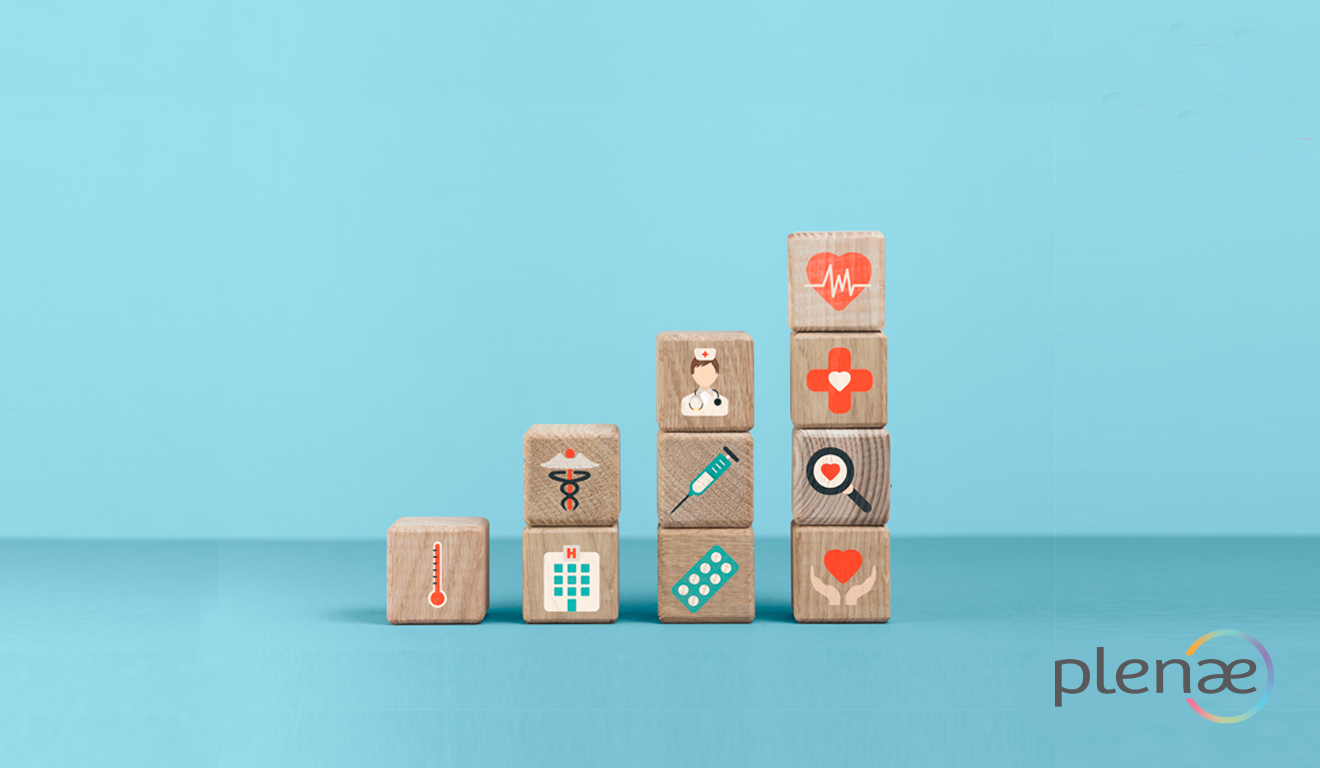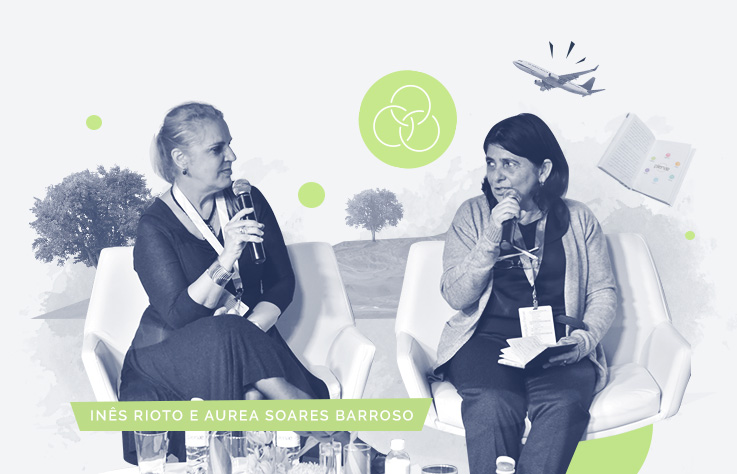Para Inspirar
Dia do Enfermeiro: conheça a história da data e da profissão
Oficialmente estabelecido em 1974 pelo Conselho Internacional de Enfermeiros, a data homenageia o trabalho tão importante desses profissionais.
 11 de Maio de 2020
11 de Maio de 2020
O ano era 1820, e o dia era 12 de maio. Nascia
Florence Nightingale,
considerada a mãe da enfermagem. Isso porque, apesar de ser rica e bem relacionada, Nightingale dedicou sua vida aos cuidados primários e assistenciais a quem mais precisava.
Sua atuação de maior destaque foi durante a Guerra da Crimeia, de 1853 a 1856, onde usou de maneira pioneira o modelo biomédico, ou seja, baseando-se na medicina praticada pelos médicos, e também por ter ficado conhecida como "Dama da Lâmpada", instrumento que usava durante a noite para ajudar os feridos.
Por ter contraído febre tifoide durante sua atuação na guerra, Florence ficou impossibilitada de continuar atendendo na linha de frente, mas dedicou o resto da sua vida à academia, fundando a primeira Escola de Enfermagem do mundo na Inglaterra, em 1860.
Em homenagem ao então ícone da profissão, surge o Dia Internacional da Enfermagem, criado em 1965 mas instituído a nível internacional somente em 1974. Aqui no Brasil, a data é celebrada desde 1938, quando o então presidente Getúlio Vargas definiu a data de 10 de agosto para essa celebração. Mas o país acompanhou a mudança estabelecida para maio quando decretou-se internacionalmente.
Por aqui, é comum comemorar-se a
Semana da Enfermagem
, e ainda o Dia do Auxiliar e Técnico de Enfermagem um pouco depois, no dia 20 do mesmo mês. Isso porque hoje em dia o trabalho da Enfermagem, já de suma importância, é ainda acompanhado de uma equipe multidisciplinar composta por auxiliares e técnicos que realizam as funções mais básicas para que o enfermeiro possa realizar as de maior complexidade.
Dentre suas muitas funções e tarefas, destaca-se o atendimento assistencial. É papel da enfermagem acompanhar diariamente o paciente que está internado, preencher o seu prontuário, aplicar suas medicações e tomar nota de suas evoluções. Cabe ao médico o trabalho de, uma vez ao dia, avaliar o que foi feito e sugerir futuras condutas para que o enfermo possa enfim ter alta.
Já no pronto atendimento ao paciente que não está internado, mas passa pelo hospital, o seu primeiro atendimento será diretamente com a enfermagem, que irá não só aferir os seus principais sinais vitais e tomar nota de seus sintomas, mas também classificar a gravidade do seu caso antes de encaminhá-lo para o médico específico de seu caso.
Em tempos de pandemia como os que estamos enfrentando, esse profissional se faz ainda mais imprescindível. Por conta do alto volume de internações nos hospitais, cabe aos enfermeiros organizar esse fluxo e prestar os cuidados diários, 24h por dia, aos pacientes de sua incumbência. Parabéns aos heróis e profissionais dessa área.



